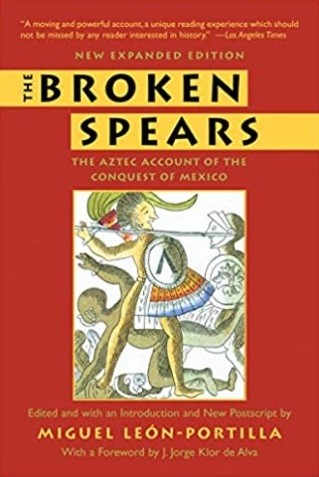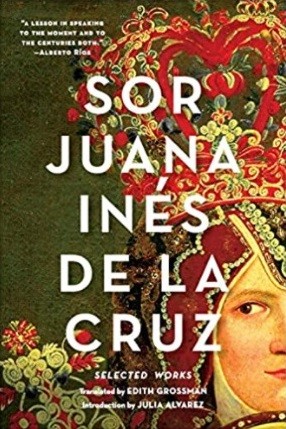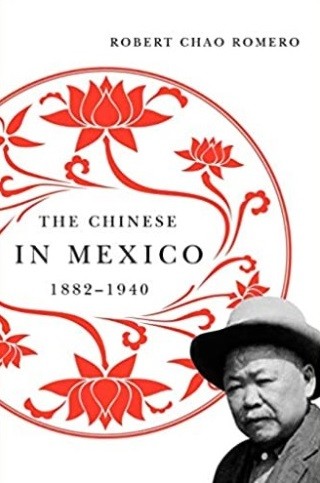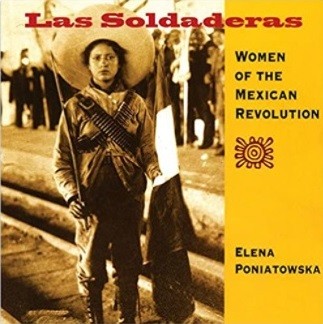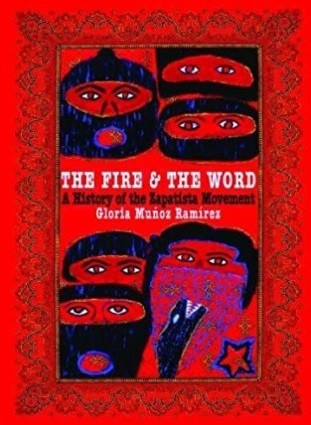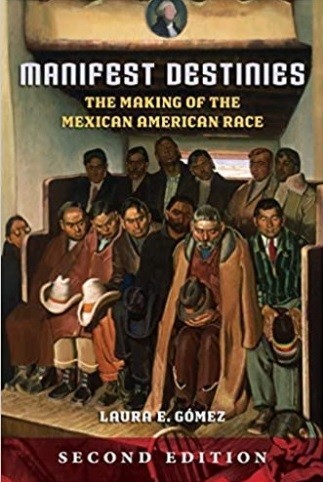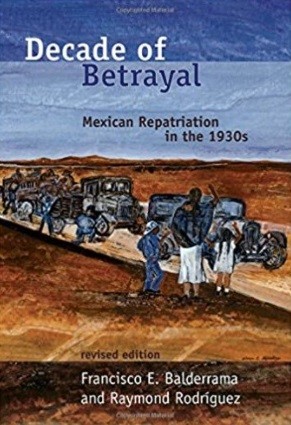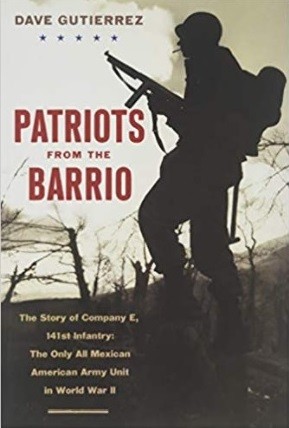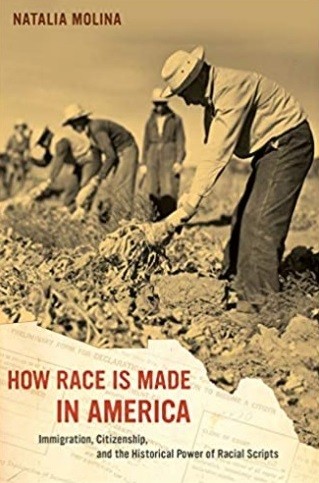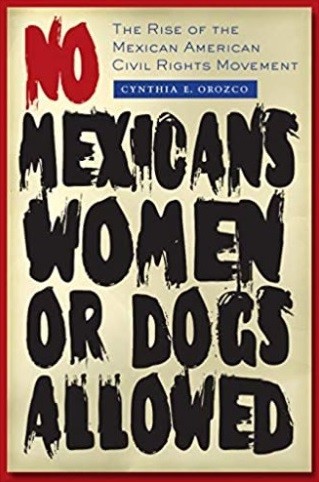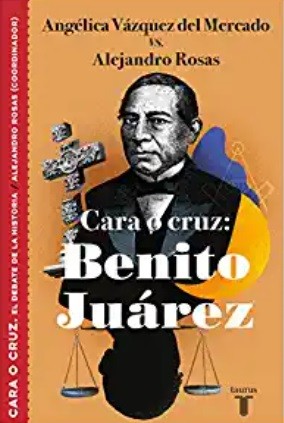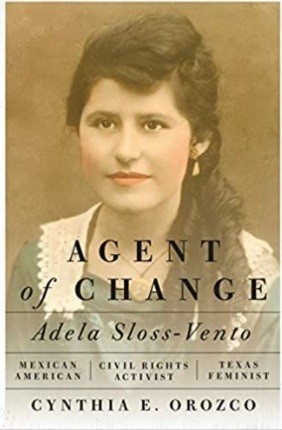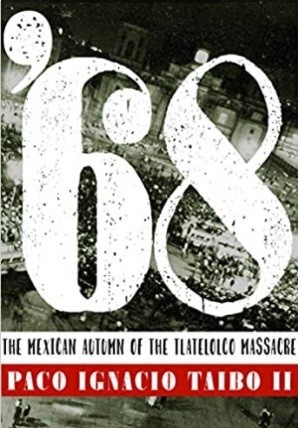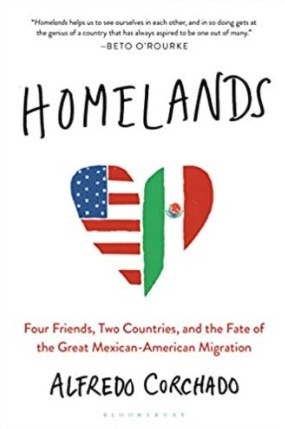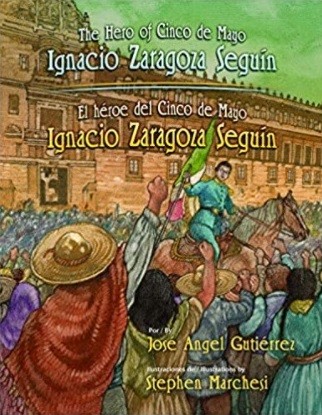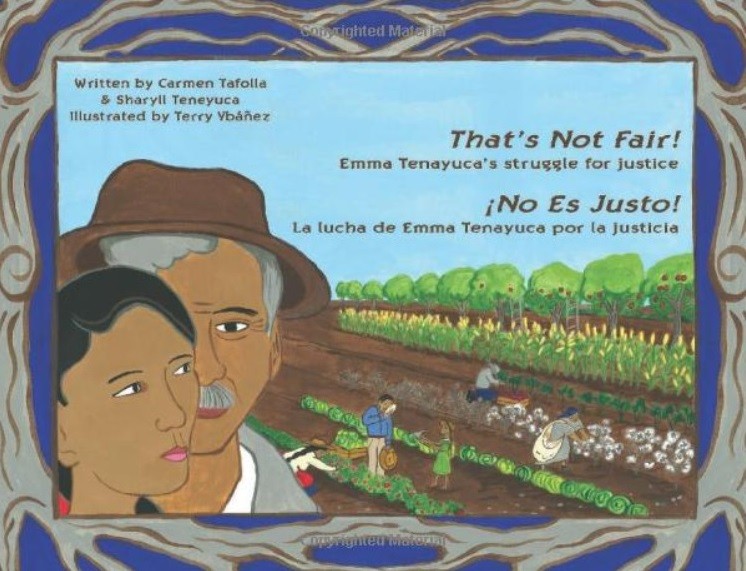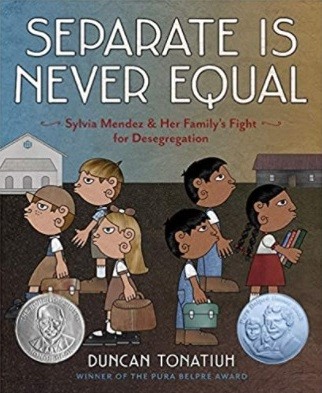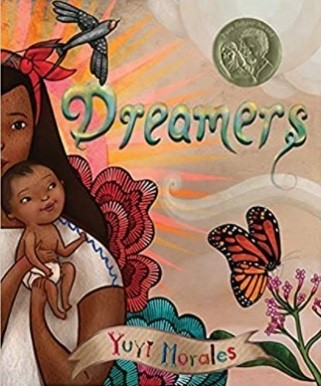While learning about Mexican history in school was scarce for me as an American of Mexican descent, I recall brief mentions of ancient civilizations and science-related topics. It’s possible that this has changed since then, but given Mexico’s significance as one of our closest neighbors and the large number of Mexican Americans living in the US (nearly 37 million as of 2018), it’s essential to explore this subject further.
The fact that 2021 marks 200 years since the end of the Mexican War of Independence (1810-1821) serves as a timely reminder to delve into the rich history of Mexico and its people. This endeavour involves exploring both Mexican and Mexican American histories, which often overlap and inform one another. I’ve aimed to compile a list of great books on these topics, some available in English, others in Spanish or both.
To facilitate discovery, I’ve included language/translation notes where necessary, enabling readers to find relevant texts regardless of their preferred language. By exploring Mexico’s history and heritage, we can gain valuable insights into the country’s culture, as well as learn about the people who have shaped it over time.
Limiting this list to just 20 books was an arduous task (and I must admit that I failed in some respects), as no nation’s history can be fully captured within a few pages. Nonetheless, I hope this selection provides a representative cross-section of key events and figures that have contributed to Mexico’s fascinating story, spanning from pre-Columbian times through the 19th-century wars and 20th-century political movements.
Whether you’re familiar with Mexican history or only have a passing knowledge thanks to films like Coco and Roma, you’ll find something new and captivating below.
Best Mexican History Books
The Broken Spears: The Aztec Account of the Conquest of Mexico by Miguel León-Portilla, Translated by Lysander Kemp
The Aztec empire was a formidable force in pre-Columbian Mexico, leaving a lasting legacy that still resonates today. Despite being defeated by Spanish invaders in 1521 and suffering significant losses to their written records and perspectives, the voices of those who witnessed the destruction have been rediscovered through meticulous research by esteemed scholar León-Portilla.
Sor Juana Inés de la Cruz: Selected Works by Juana Inés de la Cruz, Translated by Edith Grossman
Immerse yourself in the creative genius of Juana Inés de la Cruz, a renowned Mexican writer and scholar from the 17th century. This self-educated nun’s written works span multiple formats and subjects, including deeply personal poems and pioneering essays that boldly explored proto-feminist themes – a path that ultimately led to her trouble with the church.
For those interested in exploring her work, this collection has been carefully translated into English, while Spanish-language collections are also readily available for discovery.
The Chinese in Mexico: 1882-1940 by Robert Chao Romero
In the late 1800s, a significant influx of Chinese immigrants arrived in Mexico following the United States’ passage of the Chinese Exclusion Act. This act’s very name reveals its intention: to restrict the entry of Chinese people into America.
Romero’s research delves into primary sources from both countries, shedding light on these immigrants’ arduous journeys, their multifaceted impact on the economy and society, as well as the virulent racism and xenophobia that arose in response to their presence.
Las Soldaderas: Women of the Mexican Revolution by Elena Poniatowska, Translated by David Dorado Romo
The Fire & the Word: A History of the Zapatista Movement by Gloria Muñoz Ramirez
In the mid-1990s, the Zapatistas suddenly emerged from the jungles of southern Mexico to capture the nation’s attention. Naming themselves after Emiliano Zapata, a legendary hero and martyr of the Mexican Revolution, this group has been tirelessly advocating for economic equality and improved living standards for all Mexicans.
Through extensive interviews with the movement’s leaders, Muñoz Ramirez gained an extraordinary level of insight into their values, aspirations, and daily lives, offering a deeply personal perspective on this ongoing struggle.
Mexican American History Books
Manifest Destinies: The Making of the Mexican American Race by Laura E. Gómez
The origins of Mexican Americans can be traced back to the mid-1840s, when the United States began to encroach on Mexican territory, leading to the Mexican-American War (1846-1848). This period saw the emergence of a new population – the residents of border states like Texas and New Mexico who found themselves suddenly transformed into American citizens.
However, this newfound status was accompanied by the imposition of often derogatory labels and categorizations created by others, a phenomenon that continues to have far-reaching implications for Mexican Americans today.
Decade of Betrayal: Mexican Repatriation in the 1930s by Francisco E. Balderrama and Raymond Rodriguez
During the Great Depression, the US government made a devastating decision: to persuade Mexican immigrants to return to their homeland. The consequences were dire, with over one million people forced to cross the border, many of whom had never set foot in Mexico before. This phenomenon not only had immediate and severe effects on families but also led to long-term repercussions that continue to shape the lives of those affected.
Patriots from the Barrio: The Story of Company E, 141st Infantry: The Only All Mexican American Army Unit in World War II by Dave Gutierrez
In the midst of World War II, a diverse range of Americans, including Mexican Americans, answered the call to serve their country. Drawing inspiration from family tales about an uncle who fought alongside Company E, Gutierrez skillfully blends archival research with personal anecdotes to painstakingly reconstruct his story and honor the selfless contributions of these brave men.
How Race is Made in America: Immigration, Citizenship, and the Historical Power of Racial Scripts by Natalia Molina
Between 1924 and 1965, Molina delves into the paradoxical attitudes of white America towards race. This period saw a peculiar dynamic at play, as Mexicans and Mexican Americans were simultaneously kept at arm’s length while being exploited for their labor and segregated from whites.
The seeming contradictions in these perceptions – Mexicans were exempt from anti-miscegenation and anti-immigration laws, yet they faced brutal working conditions and social isolation – serve to highlight the fragility of these self-serving biases.
No Mexicans, Women, or Dogs Allowed: The Rise of the Mexican American Civil Rights Movement by Cynthia E. Orozco
Founded in 1929 by Mexican American veterans, the League of United Latin-American Citizens (LULAC) aimed to safeguard and amplify their rights. While they achieved notable successes, the organization’s journey was not without controversy, including its initial exclusion of women from membership. Written by a former LULAC president, this book provides an inside perspective on the group’s history, thoughtfully examining both its accomplishments and shortcomings in the pursuit of civil rights.
For those seeking to delve deeper into Latinx heritage, I’ve compiled a list of recommended books that explore this rich history.
(Auto)Biographies About Mexicans and Mexican Americans
Cara o cruz: Benito Juárez by Angélica Vázquez del Mercado and Alejandro Rosas
Benito Juárez, Mexico’s first Indigenous president from the Zapotec community, shares a remarkable story with Abraham Lincoln, another leader who rose from poverty to prominence. Both men served during turbulent times, with their leadership marked by controversy and historical significance. This book delves deeper into Juárez’s presidency, shedding light on both his strengths and flaws as a leader.
It is one chapter in a comprehensive series exploring Mexico’s most influential historical figures, including Miguel Hidalgo, the father of Mexican independence, and Antonio López de Santa Anna, a president who struggled to maintain office despite initial reluctance and questionable abilities.
Agent of Change: Adela Sloss-Vento, Mexican American Civil Rights Activist and Texas Feminist by Cynthia E. Orozco
For nearly a century, Sloss-Vento dedicated herself to championing the causes of Mexican Americans, leaving behind a legacy that continues to inspire today. Through her tireless efforts as an essayist, she tackled pressing issues such as feminism and civil rights, earning her reputation as a prominent figure in both the Mexican American and Chicano rights movements.
With this biography, Orozco shines a light on the life of this extraordinary activist, offering a nuanced portrait that does justice to her remarkable achievements.
’68: The Mexican Autumn of the Tlatelolco Massacre by Paco Ignacio Taibo II, Translated by Donald Nicholson-Smith
Student protests were a ubiquitous feature in late 1960s Mexico City, but October 2, 1968, marked a gruesome turning point: hundreds of students were brutally slaughtered by the army in the streets, with exact numbers remaining shrouded in mystery due to government efforts to conceal and deny their involvement. The event is chronicled in riveting detail by an eyewitness who witnessed the tragedy firsthand, offering a poignant account of a modern atrocity.
For further insights into Mexico City’s rich history, explore these recommended books: [history of Mexico City books].
Sin Querer Queriendo by Roberto Gómez Bolaños (“Chespirito”)
Chespirito is a beloved figure in Mexico’s entertainment landscape. He made a lasting impact by creating two iconic TV characters in the 1970s: el Chavo, a lovable but hapless orphan who often finds himself in comedic misadventures, and el Chapulín Colorado, a well-meaning yet accident-prone superhero who always manages to emerge victorious. In his autobiography, which is unfortunately not available in English, Gómez Bolaños shares humorous anecdotes about his professional and personal life.
Notably, he also found himself entangled in several legal disputes with former colleagues regarding character copyrights. To provide a more comprehensive understanding of the situation, I have included a brief overview of the autobiography written by María Antonieta de las Nieves, who had a high-profile feud with Gómez Bolaños.
Homelands: Four Friends, Two Countries, and the Fate of the Great Mexican-American Migration by Alfredo Corchado
The 1980s saw a significant surge in the Mexican American population, with Corchado, a journalist for The Wall Street Journal, being part of this wave of newcomers. As he navigated the challenges of making a name and a life for himself, he formed strong bonds with fellow Mexican immigrants who helped him maintain connections to his homeland while adapting to his new surroundings.
This poignant memoir, which seamlessly blends elements of autobiography and historical narrative, is also available in Spanish under the title Homelands.
Mexican History Books for Kids
The Hero of Cinco de Mayo/El héroe del Cinco de Mayo: Ignacio Zaragoza Seguín by José Angel Gutiérrez and Stephen Marchesi
While Cinco de Mayo is often celebrated with festive drinks and food, its origins are rooted in a significant moment in Mexican history. In 1862, the Mexican army successfully repelled the French invasion, led by General Ignacio Zaragoza Seguín, who played a crucial role in this pivotal battle. This bilingual book provides an engaging account of this turning point, offering a unique perspective on the Battle of Puebla.
For those looking to improve their language skills or simply seeking a diverse range of stories, Book Riot’s curated list of bilingual children’s books offers an excellent starting point.
That’s Not Fair!: Emma Tenayuca’s Struggle for Justice/¡No Es Justo!: La lucha de Emma Tenayuca por la justicia by Carmen Tafolla, Sharyll Teneyuca, and Terry Ybáñez
Emma Tenayuca’s remarkable journey as a labor activist began at a young age, fueled by her outrage over the deplorable working conditions faced by her fellow Mexican-American farm workers in Texas. By 21, she had already achieved remarkable success, organizing a massive strike that would change the lives of countless individuals.
This bilingual children’s book brings to life Tenayuca’s inspiring yet often overlooked story, providing young readers with a vital glimpse into her tireless efforts and unshakeable spirit.
Separate Is Never Equal: Sylvia Mendez and Her Family’s Fight for Desegregation by Duncan Tonatiuh
While Brown v. Board of Education is widely recognized as a landmark Supreme Court decision that outlawed school segregation in the United States, it was preceded by another pivotal case seven years earlier – Mendez vs. Westminster. In this 1946 California-based case, Sylvia Mendez, then just a young girl, successfully fought for the right to attend a regular public school alongside her Anglo peers, rather than being relegated to a segregated ‘Mexican school’.
This inspiring story is beautifully captured in a stunningly illustrated and award-winning book.
The Life of/La Vida de Selena by Patty Rodriguez, Ariana Stein, and Citlali Reyes
Meet Selena Quintanilla, the celebrated Mexican American singer, as she comes to life in this charming bilingual board book. Part of the Lil’ Libros series, which showcases the stories of trailblazing figures from Mexican and Latinx history, including Ellen Ochoa, the first Latina in space, Cuauhtémoc, the last Aztec emperor, and Frida Kahlo, a cultural icon who needs no introduction.
This delightful book is designed to introduce young children to new Spanish words and spark their curiosity about the rich heritage of these influential individuals.
Dreamers by Yuyi Morales
As Morales settled into California life in 1994, she initially intended to stay for a brief spell. However, unforeseen circumstances led her to make the permanent move, leaving her feeling disconnected and unsure of her new surroundings. It was during this period of adjustment that she discovered solace in picture books at the local library, little knowing that years later she would share her own story through a critically acclaimed picture book, aptly titled Dreamers.
The bilingual masterpiece is available in both English and Spanish editions, with Morales’ dreamlike illustrations transcending language barriers to leave readers in awe.
